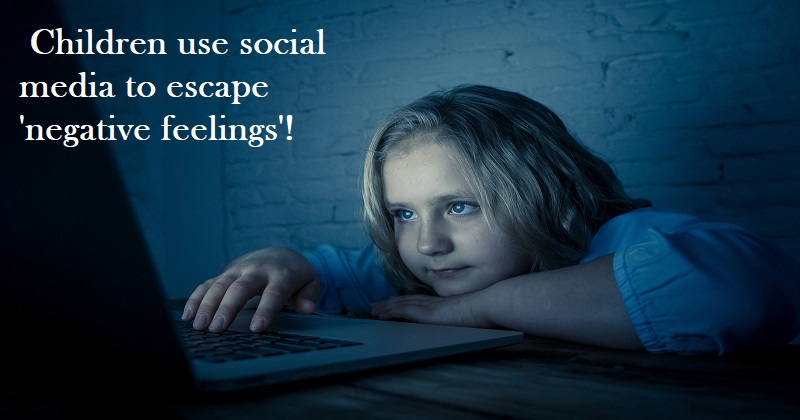
The usage of social networking sites and instant messaging services and economic inequality have been linked in the first research of its kind. According to studies, teenagers from underprivileged families are more prone to admit to abusing social media platforms like Facebook, Instagram, WhatsApp, and others.
According to the study’s lead author, Michela Lenzi, an associate professor of psychology at the University of Padua in Italy, inequality may have a negative effect on children’s problematic social media usage at the individual, educational, and societal levels.
According to the authors, government initiatives may reduce dysfunctional or atypical behaviour among young people. Young people use social media often, and both the hazards and the benefits to well-being have been thoroughly researched. As a result, policymakers should develop programmes to reduce inequities and limit adolescents’ hazardous social media consumption behaviours.
Information, Communication, and Society, a peer-reviewed publication, published the study’s findings. Social media usage that is problematic (PSMU) is not formally recognised as a behavioural addiction. However, young people regard it as a health concern. When pupils at a school have social and economic differences, the issue is exacerbated.
Addiction-like symptoms include ‘preoccupation with social media, dissatisfaction with a lack of time for its use, feeling bad when not using it, trying but failing to spend less time using it, neglecting other obligations to use social media, frequent arguments over social media, lying to parents or friends about its use, using social media to escape from negative feelings, and having a severe conflict with family over social media use’.
A PSMU diagnosis was given to any youngster who reported six or more things. According to the authors, the findings highlight the need for new social media usage restrictions that lessen the consequences of poverty. The results were based on data gathered from more than 179,000 youngsters in 40 nations.

Post Your Comments